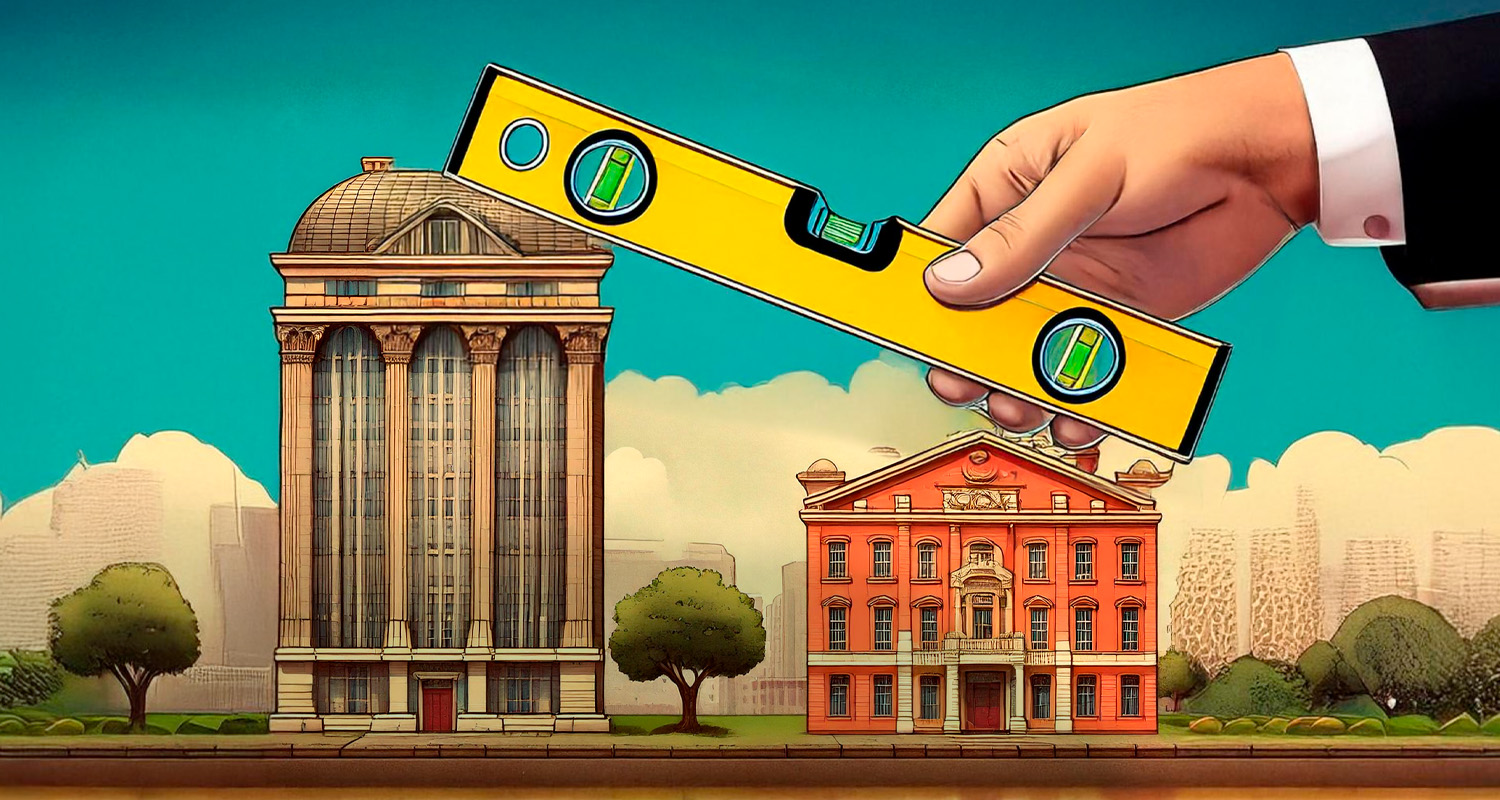Last year, I became the proud owner of an above-ground pool. I wanted a way for my family to enjoy our backyard, not realizing it would become our main hangout in 2020. But it turned out that I knew nothing about being the proud owner of an above-ground pool. I was a “noob,” according to my 14-year-old son. To learn more about the responsibilities of such ownership, I sought the help of a local pool supply store—two branches of the same store, in fact. The experience at each location was vastly different, even though both stores provided me with correct information.
Location A: I told the store employee that I had purchased a new above-ground pool and now I’d come to the pool supply business because I knew that I needed some chemicals, but I wasn’t sure exactly what I needed. She proceeded to give me the correct information. I needed chlorine tabs and to make sure that the pH levels in the pool were correct. I then asked her how to ensure that these levels are correct. She gave me some test strips for just that purpose. I asked her what to do if my pH level is too high. She said I’ll need to bring it down with acid. I asked, “Where do I get the acid?” She showed me. I then asked her what “shocking the pool” meant—it was something I’d heard about when purchasing the pool. She showed me the chemical I needed for that. So I went home, “shocked” the water, added the chlorine and let my son splash around. That evening, he started complaining that his skin was red and itchy. Insert dad guilt here.
Technically, the pool supply store employee provided correct information when answering my questions. But she didn’t guide me or recommend any best practices. Instead, she left me to fend for myself and reach my own conclusions—which can be a scary thought.
Location B: After my son complained of post-swimming itchiness, I called the second location of the pool supply shop and told the employee what was going on. This employee told me to bring a water sample in and they would test it for free. I brought my sample to the store and, of course, the chlorine level was way too high and the pH wasn’t correct. Then she spent time educating me on what chemicals I needed, how much of them I would need and how often I should add them to the pool. She didn’t just answer my questions—she dug deeper, listened and truly guided me.
What a difference this made! I was beginning to question my above-ground pool purchase, but with her help, was instead able to give our family a wonderful experience that we would enjoy all spring, summer and—because we’re in Texas—fall. It could never be compared to an Olympic-sized swimming pool, but it was relaxing and it has created some great memories for me and my family.
Our summer oasis experience is a great reminder that too often in business we can become order-takers and miss valuable opportunities to find out what’s really going on and how to truly help our customers. I hear this statement a lot from bankers with whom I work: “The customer will tell me what they want. I don’t want to be pushy.” But being curious, asking questions and wanting to see the bigger picture isn’t being pushy. It’s showing that you care and you want to take care of your customers.
- If a customer wants to close their account, stop and find out why. Don’t just be an order-taker. Maybe there’s something that you can do to keep their business.
- If a customer just wants a free checking account, find out what they’re looking for in an account. What account do they currently have? Where do they currently bank? What other banking relationships do they have?
- If the customer is applying for a mortgage or home-equity line of credit, walk them through the process, timeline and required documentation—and why you need the documentation.
It’s so easy just to do what the customer asks. But many times, the customer may not be aware of what you offer. They may not be aware of what they should do. It’s up to you to dig a little deeper and find out what’s going on. Ask them what experience they have had with purchasing land, buying a home, buying a car, etc. Then guide them as needed. You’re the expert. You’ll save time. You’ll have a more informed customer. You’ll show how much you care about their needs. And they will tell their family and friends.
Paul Nunn is director of client education for Pinnacle Financial Strategies. Contact the client education department at training@pinnstrat.com or call 713/335-4652 for more information.





